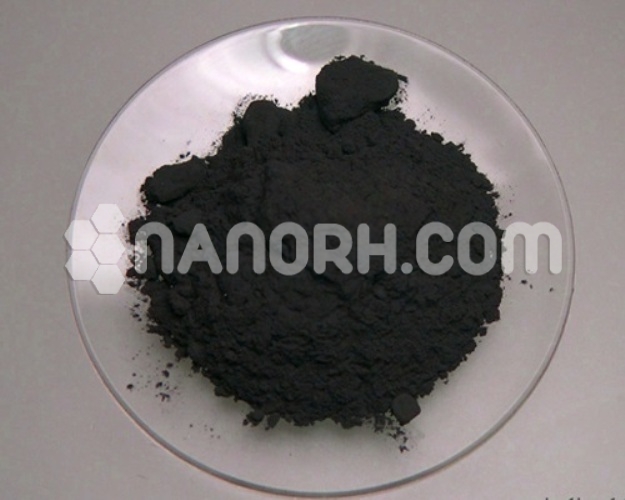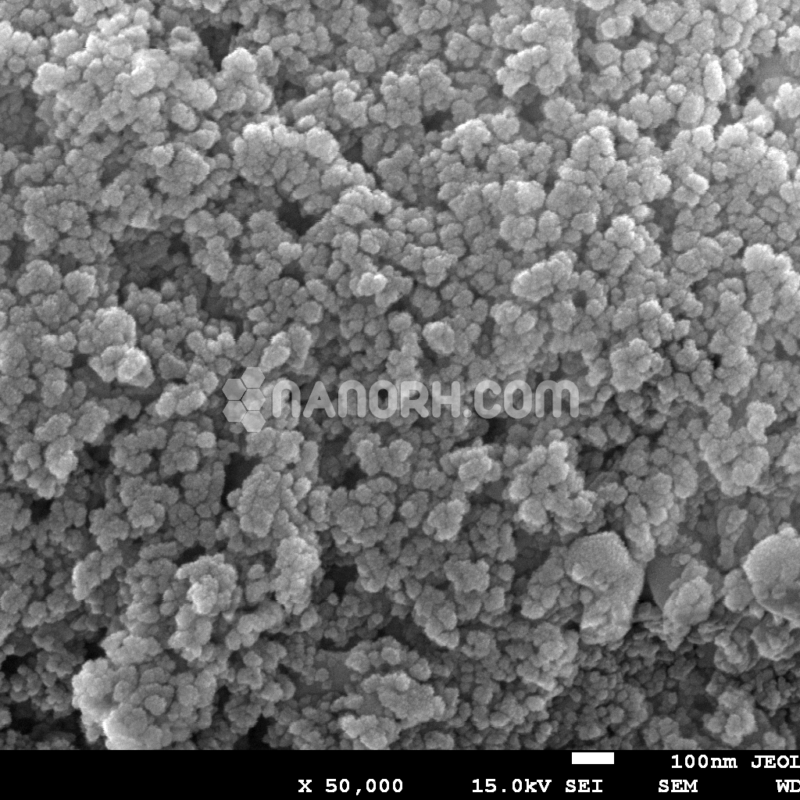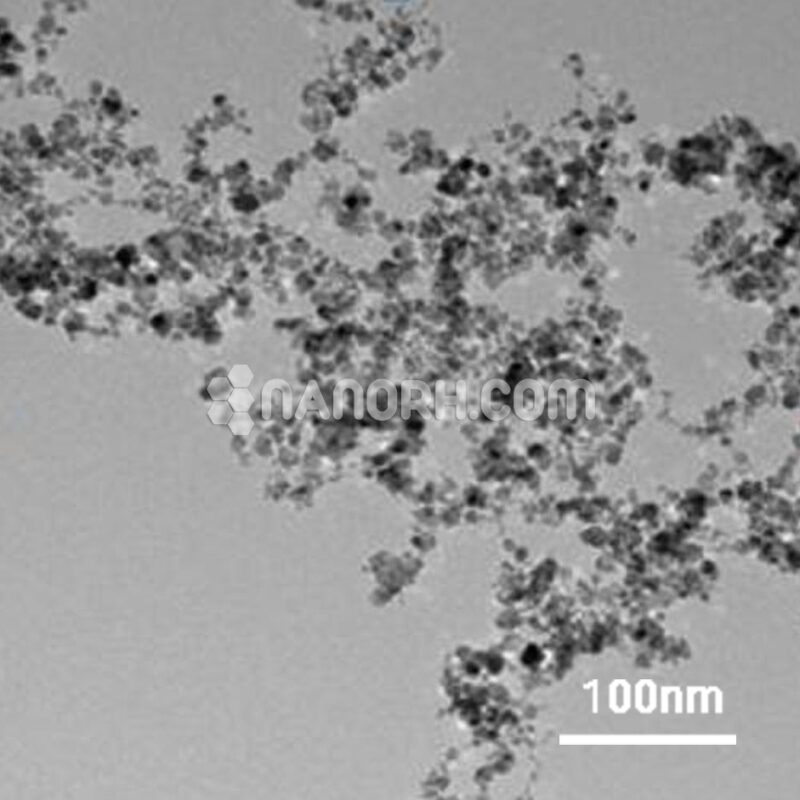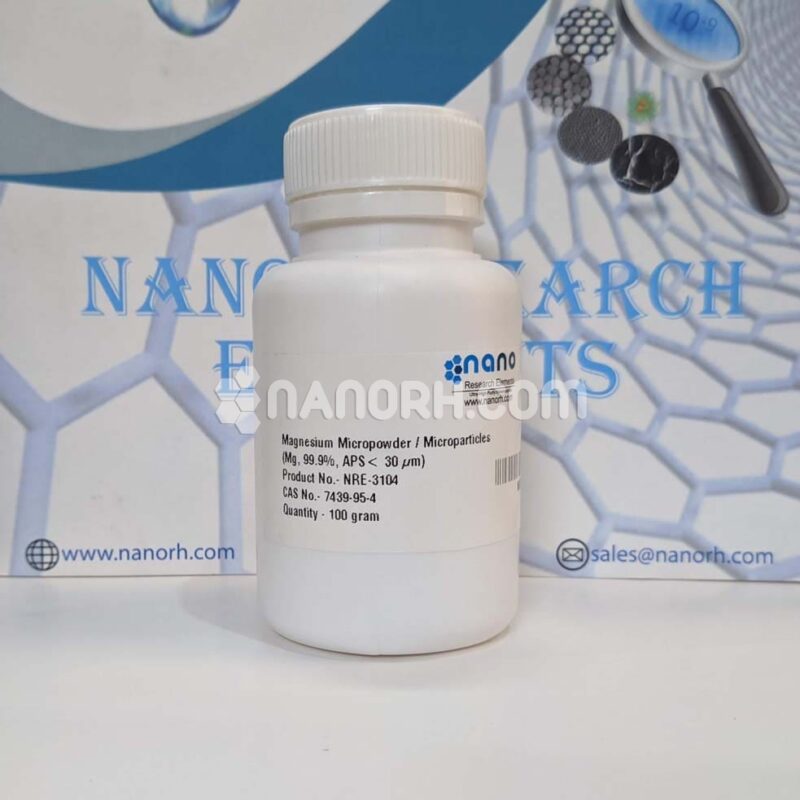| Praseodymium Oxide Powder | |
| Product No | NRE-10045 |
| CAS No. | 12037-29-5 |
| Formula | Pr6O11 |
| Molecular Weight | 1021.44g/mol |
| APS | 5um(can be customized) |
| Purity | 99.95% |
| Density | 6.5 g/cm3 |
| Color | Dark Brown |
| Melting Point | 2183 °C (3961 °C) |
| Boiling Point | 3760 °C (6800 °F) |
Praseodymium Oxide Powder
A phase study of the praseodymium oxide system in the composition range from Pr203 to Pr6011 was performed using an equilibrium dissociation pressure method which provides for the construction of isothermal curves (equilibrium oxygen pressure, oxide composition). The pressure-composition diagram is interpreted as indicative of the existence of four separate non-stoichiometric regions in the range from Prz03 to Pr6011 and the existence of five stable phases or stability regions, in the same interval. The conditions for the existence of the various Das are qualitatively discussed in terms of the theory of non-stoichiometric compounds.
Praseodymium oxide powder
Recently, some interesting research has been conducted on praseodymium oxides as well as Prz03. The results are in some places apparently contradictory and in others quite disconcerting.
Because of the difficulties in interpreting data.
purchased. In particular: (1) there is disagreement
as regards the composition Pr6OI1 (Pro1. &)
represents a point within a non-stoichiometric
The composition range or an isolated point in the
Pro, phase diagram; (2) even if there is a lot
Proof of the existence of separate non-stoichiometric data.
Rankings between and Pro2, nature.
and the extent of these regions has not been established.
For example, the dissociation pressure of Xsprey.
The temperature diagram6 shows eight changes.
Slope in the composition range Prol b-PrO1 83.
From his appearance, from the reference work
above, that the Pro system could afford to capture attention
Example of the non-stoichiometric existence.
phases, it was thought that a more in-depth study of the
The Prol 5-PrOl 83 range can be interesting. the
(P, X) The T method has been selected as one that could be given
Unmistakable information This method has the
More advantage than the experimental technique.
It can be adapted to conveniently cover a large layout.
distance.




